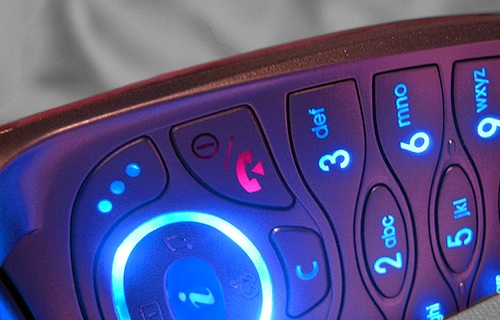Has a secret, back-room deal been reached between mobile operators and government over interconnection fees?
All signs are pointing to a deal that stonewalls the Independent Communications Authority of SA (Icasa) and allows Vodacom, MTN and Cell C to maintain interconnection rates — the fees the mobile operators charge each other and other network providers to carry calls on their networks — at relatively high levels.
TechCentral has had sight of an MTN letter that suggests the mobile operators have agreed to a glide path that will result in peak-time interconnection rates being reduced from 89c/minute in March 2010 to 85c/minute in October 2011 and, finally, to 80c/minute in October 2012.
These rates are well above levels demanded by parliamentarians during recent hearings and are also far above the approximately 40c/minute Icasa has said it costs the mobile operators to carry calls over their networks.
The MTN letter appears to suggest that there has been an agreement reached that will result in off-peak interconnection rates remaining unchanged at 77c/minute until at least 2012.
Interconnection fees have been set at a relatively high R1,25/minute for most of the decade. Critics say they have served to discourage new competitors from emerging. All three mobile operators are net beneficiaries of the current interconnection regime.
In the MTN letter, sent to ECN Telecommunications CEO John Holdsworth, the mobile operator has outlined a proposed reduction in peak-time interconnection rates on a “glide path” to 80c/minute in October 2012.
This is well above the level of less than 40c/minute that Holdsworth, who has led the fight to bring down the fees, wants the rates reduced to.
The MTN SA letter raises a number of troubling questions, not least of which is why the operator is publishing rates for 2011 and 2012 when communications minister Siphiwe Nyanda’s recent statement on interconnection rate reductions, which he read in parliament, only dealt with a reduction in March 2010 — from R1,25/minute to 89c/minute.
Even more troubling is what this means for Icasa, which is in the process of preparing to regulate interconnection rates in terms of chapter 10 of the Electronic Communications Act. Icasa’s independence is enshrined in the constitution and as such it is meant to be free of interference by the executive arm of government.
An industry source, who heads up an independent telecoms company but who asks not to be named, says the mobile operators have been keen to exclude Icasa from the process — and may, in fact, have succeeded in doing so.
The source says there has been extensive “horse-trading” behind the scenes. Government has been keen for the rates to come down more quickly than Icasa can deliver.
The worry is that the mobile operators agreed to drop the peak-time rates to 89c/minute in March on condition that Icasa does not then subject them to cost-based regulations, the source says.
Communications ministry spokesman Tiyani Rikhotso says he is unaware of any agreement beyond the one reached with operators that will see interconnection rates reduced in March 2010.
Cell C CEO Lars Reichelt says he is not aware of any agreement related to interconnection rate reductions in 2011 and 2012.
MTN SA executives could not be reached for comment. — Duncan McLeod, TechCentral





